








A co-created zine made at the 2025 Camden Summit


The UCL Citizen Science Academy is part of the UCL Institute for Global Prosperity.
To learn more about the Institute’s diverse research, events open to the public, and postgraduate degree programmes, please visit:
www.ucl.ac.uk/bartlett/global-prosperity or scan:

Email: igp@ucl.ac.uk
Twitter: @glo_pro
Instagram: glo__pro
LinkedIn: UCL Institute for Global Prosperity Impact Website: www.prosperity-global.org
We are proud to be part of the UCL Bartlett Faculty for the Built Environment, ranked World #1 for Architecture and the Built Environment (QS World University Rankings 2025).
Contributors:
Puja Basu
Claire Bower
Jo Brown
Joseph Cook
Rosa Debebe
Jasmine Holland
Maria Fiorio
Ajay Kumble
Nephtali
Marina-Gonzalez
Suraya Miah
Hanad
Mohamed
Dominic Murphy
Yasmin Reid-Linfoot
Jenny Rowlands
Albie Stadtmiller
Carla Stanke
Zia Teshome
Saffron Woodcraft
We know what you’re thinking.. .what even is a zine? Well it’s a short publication, usually published independently in small batches, about a specific issue or interest. It’s sort of an art thing, but at the UCL Citizen Science Academy we sometimes make them with our ‘citizen social scientists’ - compiling their often personal research into a fun and accessible format. It’s research that people actually want to read.
Please do have a read of their great work by clicking here.
Whilst our citizen scientists (community researchers), including those in Camden, often spend weeks editing their work together with love and care, this one is a bit different. Much of the content was co-produced in just 15 minutes yesterday during the Diversity breakout of the 2025 Camden Summit, but luckily the whole culture of zines is that they aren’t meant to be that polished anyway.
The Camden Summit was an amazing event organised by Camden Council that brought together representatives from a wide variety of organisations to tackle the biggest issues facing local residents, and consider how we can better involve those residents in decisions that affect their lives.
We’d like to thank all those that took part in the session, and the great team at Camden Council that organised such an inspiring and inclusive day.
UCL Citizen Science Academy team
23rd May 2025

The ‘zine in 15 minutes challenge’ ran from 14:00-14:15 on Thursday 22nd May 2025, in the Chaucer Room of the British Library, bringing together stakeholders from across Camden.
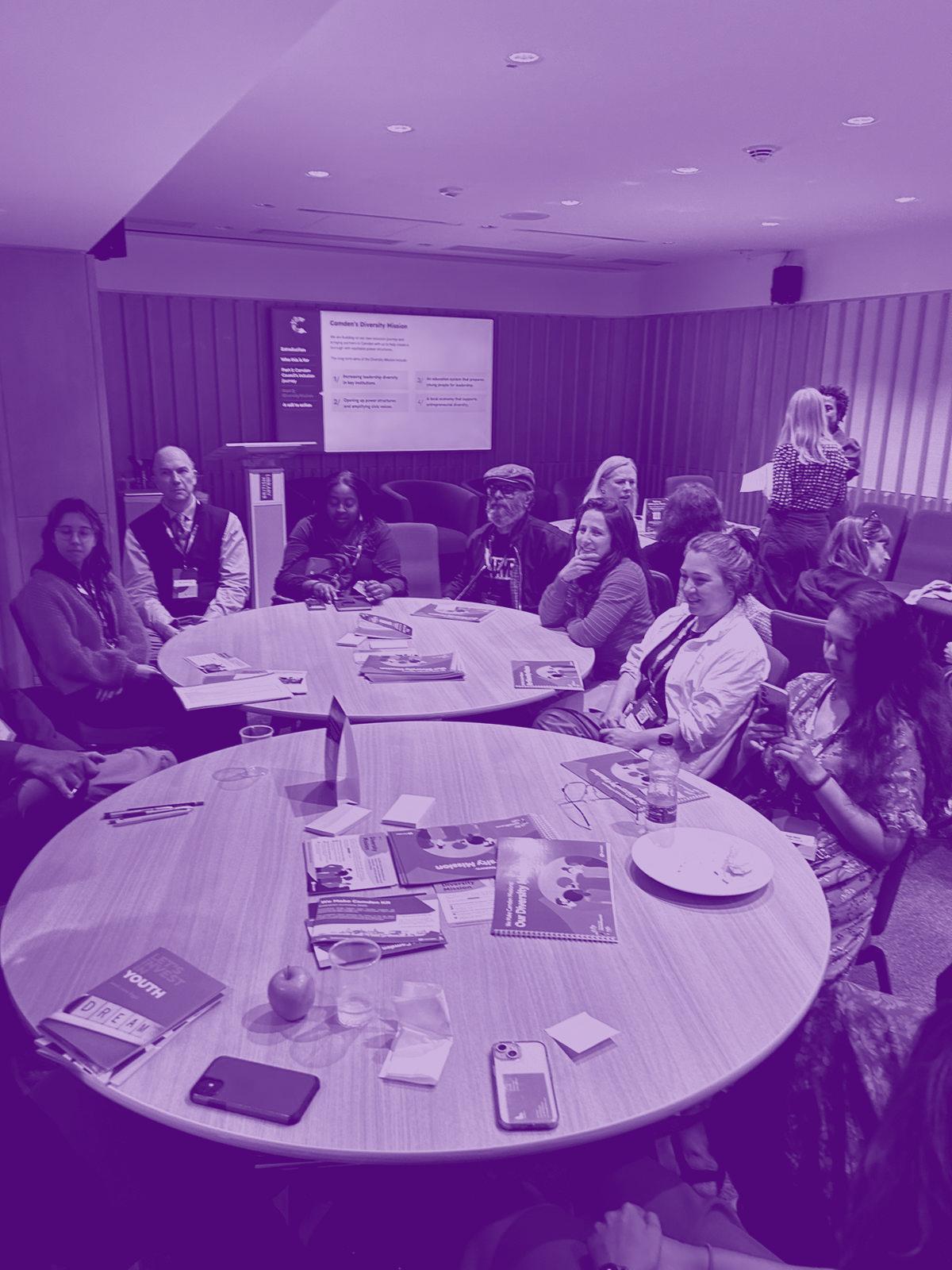
At Camden Council we make better decisions by listening to the lived experience of residents, and trusting citizens with power.
Dom Murphy Participation + Partnerships Principal Camden Council
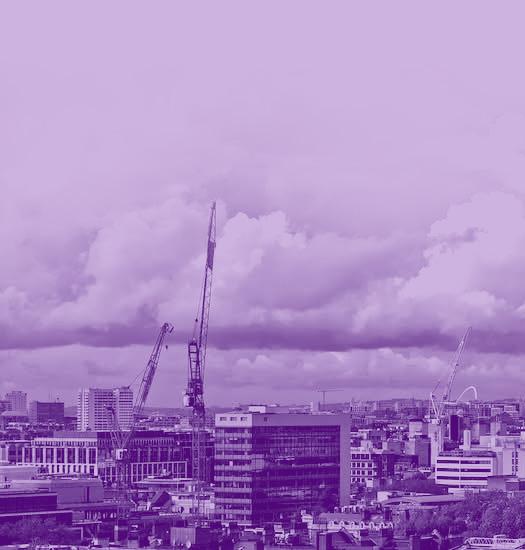
Including communities in decisionmaking is like a doctor feeling the pulse to assess an issue.
I’m also a resident myself, so I’m in a unique position to do more in my own community.
Hanad Mohamed Director of Equalities and Community Strength
Camden Council
For our organisation, diversity in decision-making means supporting employees to gain confidence in order to prosper, as well as thinking about how to work more collaboratively.
Maria Fiorio Inclusion Programme Lead
Camden Council
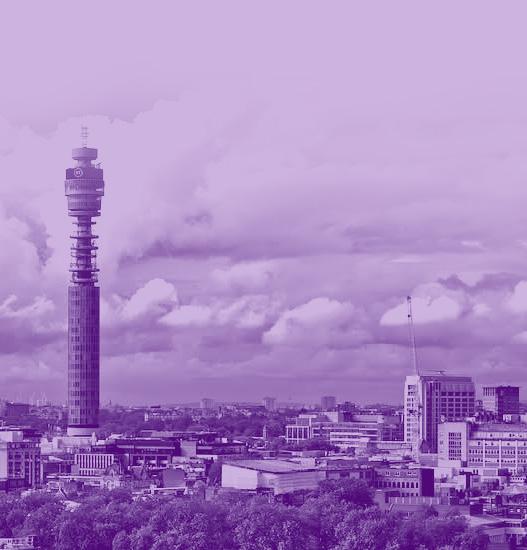
Diversifying who we engage with in Camden benefits our organisation because our work won’t work if we don’t.
Yasmin Reid-Linfoot Principal Policy and Projects Officer (We
make
Camden Missions) Camden Council
I’d love to see a map of all the links Camden has with different types of communities.
Carla Stanke Senior Public Health Strategist Camden Council
Camden Resident and Founder,
Highgate Black Women’s Wellness Group
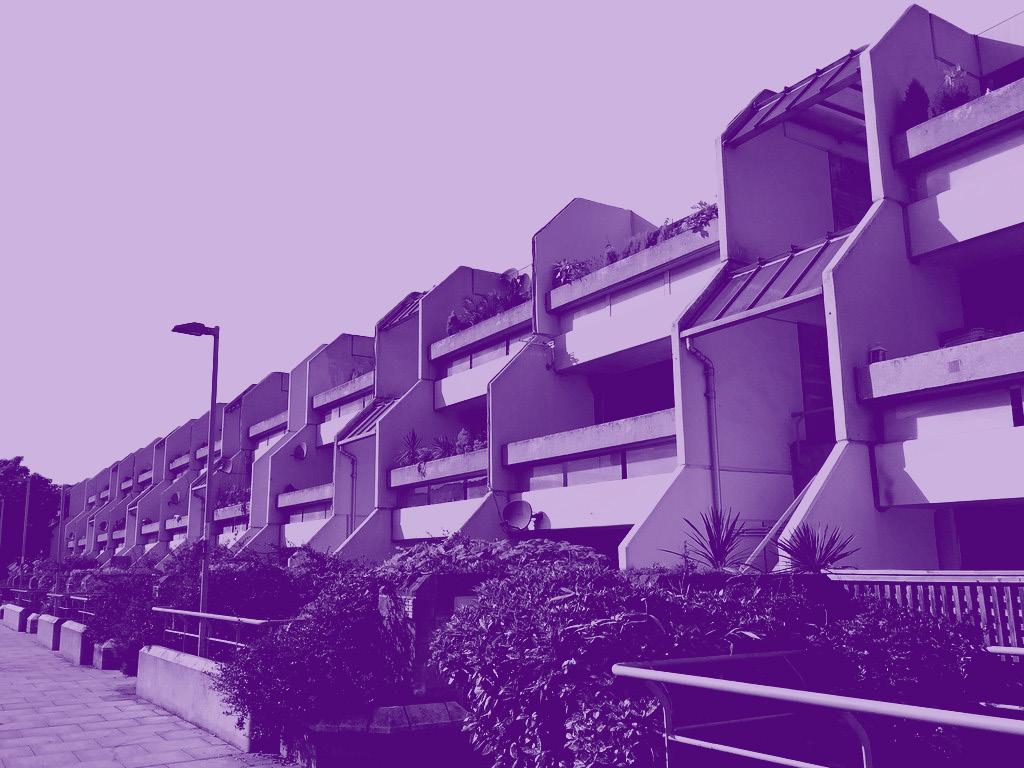
What has including community voices meant for you?
For my organisation it has meant listening to black women and providing black joy activities for them. We have made sure that black women are involved in decision-making and in places of high culture and power.
What has been most useful about this process?
Seeing black women in Camden genuinely smile because they want to, not because they have to, due to providing opportunities.
How can we connect more with residents?
One way I’d like organisations to connect more with Camden’s residents would be through email newsletters, linking people to opportunities and providing vouchers to them for getting involved.
To learn more about the Highgate Black Women’s Wellness Group, a safe space meetup for black women to have talking therapy and discussions about thriving as a black woman in the city, please visit - www.highgateblackwomen.com
Camden Resident, Citizen Social Scientist and Director, Umoja Health Forum
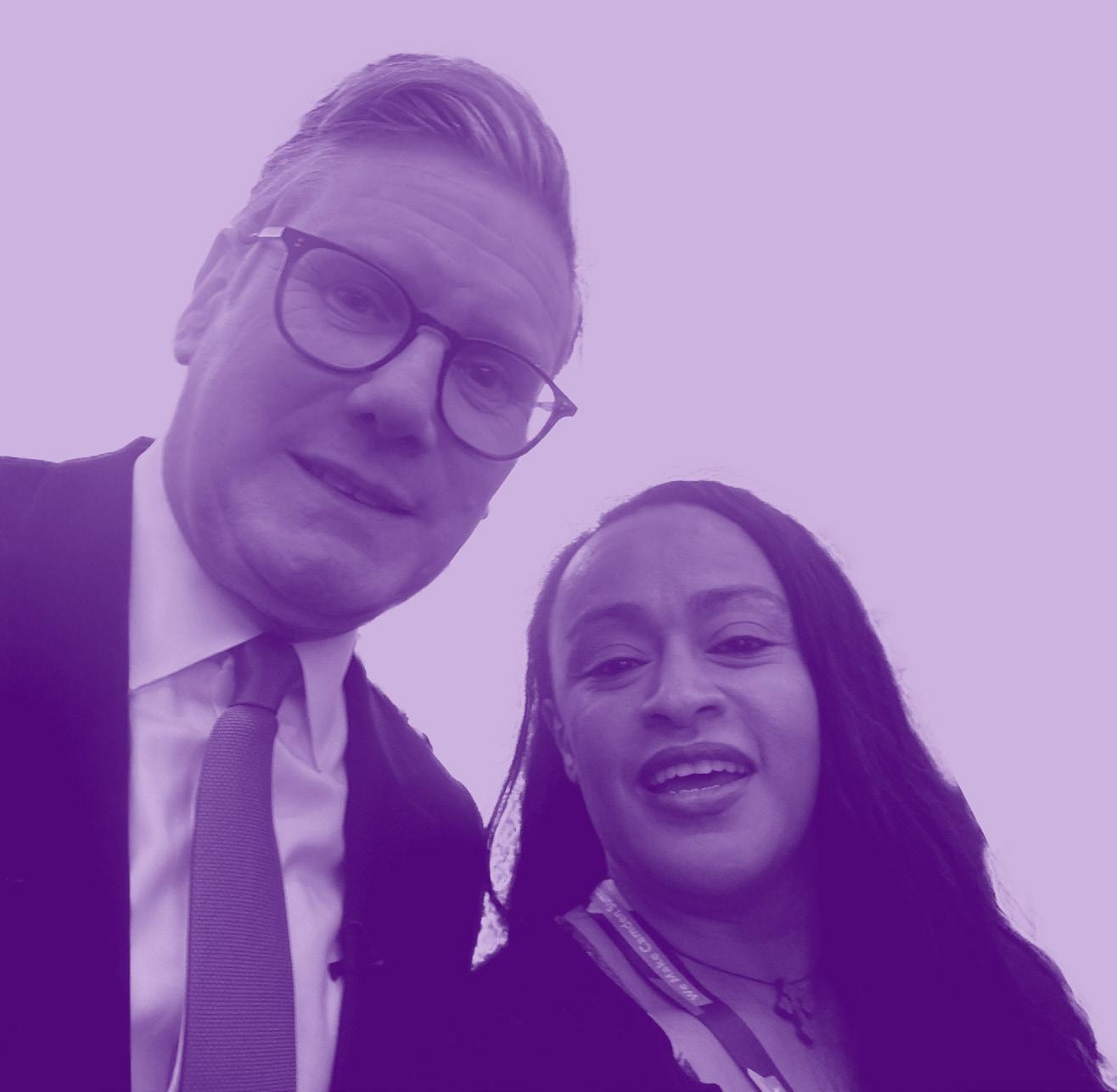

Rosa with Prime Minister and local MP, Sir Keir Starmer, at the 2025 Camden Summit.
Hey Rosa, can you tell us about your role helping people find their voice in your community?
I try to connect the voices of African Caribbean people in Camden who have come from abroad and often find it difficult to find information due to language barriers, or cultural and religious clashes that can make people feel isolated. What do you enjoy about your role?
Supporting residents from my community by allocating or referring them to the right Council department that can support their needs.
How can we connect more with residents?
The Council’s We Make Camden and Participation teams need to continue their great work connecting with residents. However, this is something all Camden departments and organisations need to focus on.
To learn more about Umoja Health Forum please visitwww.umojahealthforum.com
To read Rosa’s great citizen science zine click here.
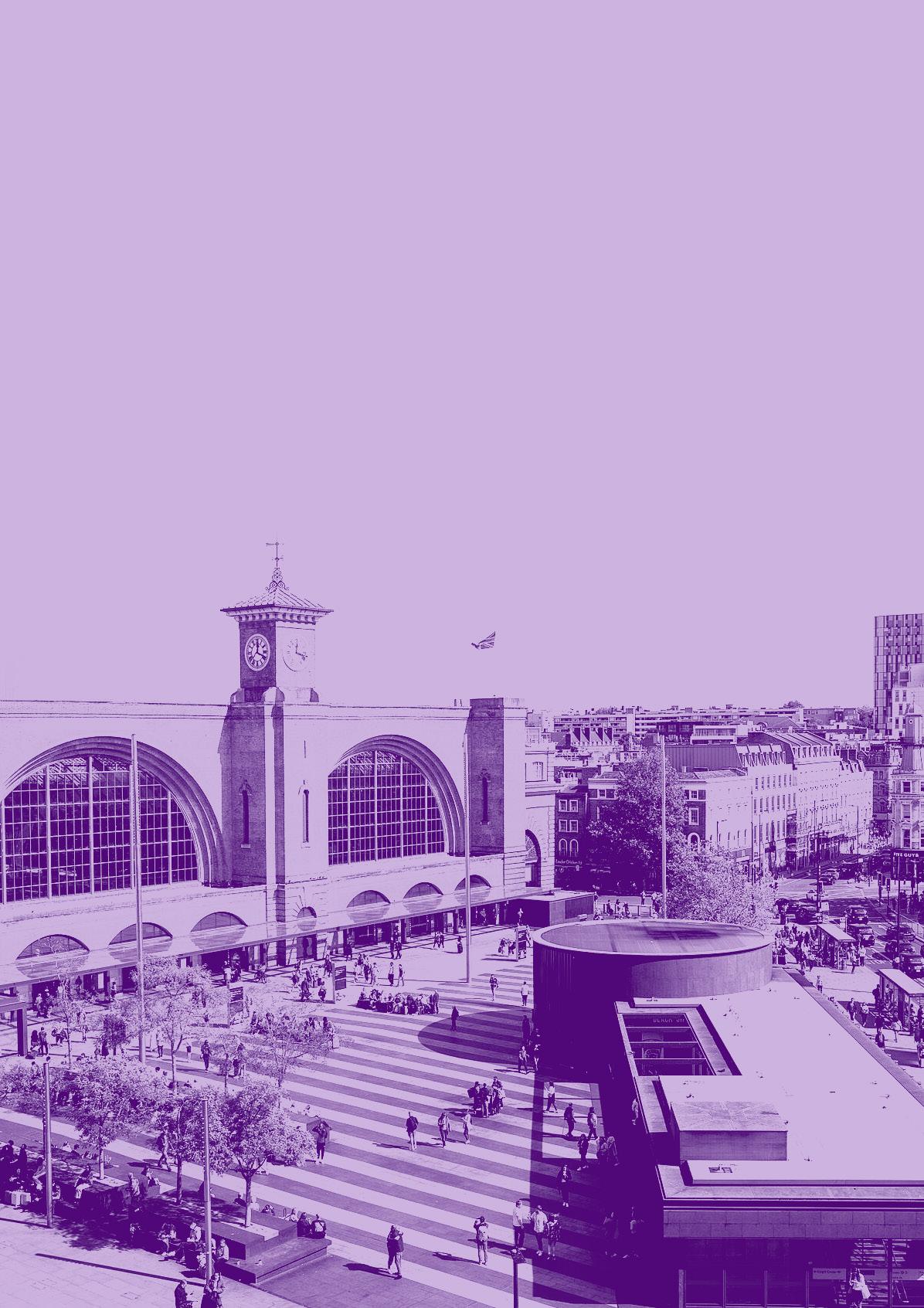
Jenny Rowlands
Chief Executive Officer,
Camden Council
How does diversifying who you engage with benefit
Camden Council as an organisation?
We hear different lived experiences, and are connected through each person to go deeper into our communities, which builds trust. This means we can provide better services.
Can you tell us about an example of this?
The Camden Community Wealth Fund, which is now training up young advisors [you can read about this here].
As part of our Intensive Tenant Engagement work we knocked on tenants’ doors and talked about what is important to them.
And what does having diversity in decision-making really mean for Camden Council?
It means we get things right for more people more of the time - the abundance model means that the more diversity we have the more improvement we make for everyone.
To learn more about the We Make Camden Diversity Mission visit - www.wemakecamden.org.uk/about/diversity
For me, including communities in decision-making means providing a voice for everyone, so that we can move forward collectively. Sharing Power.
Jo Brown Director of People and Inclusion
Camden Council
Including community voices is essential! Public health relies on data to inform commissioning and delivery of services. Community voices are an important source of data that allows us to try to meet the range of needs that families have, in a more personalised way.
Carla Stanke Senior Public Health Strategist
Camden Council
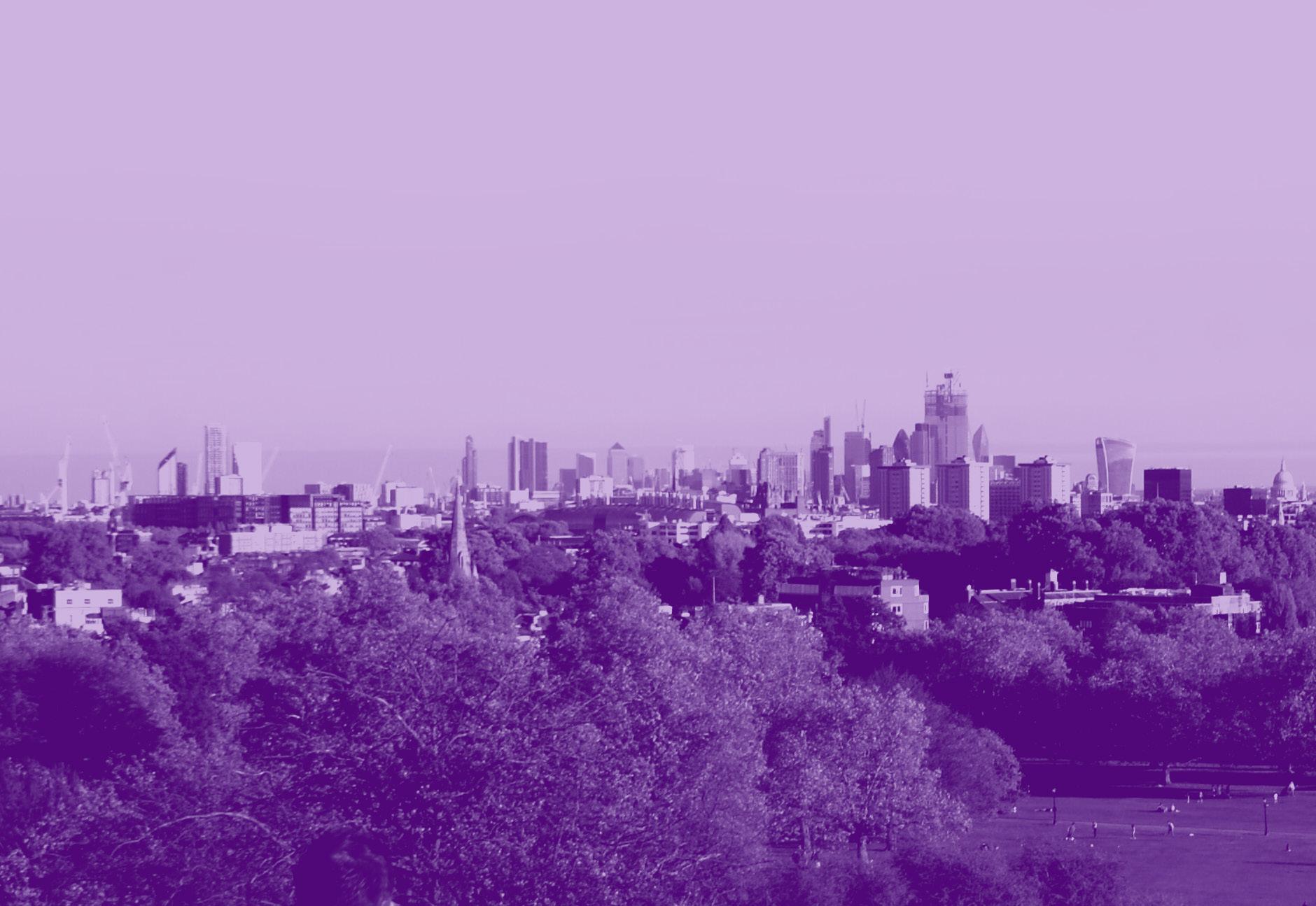
For the Council, including community voice has meant better ideas, more diversity, and greater connection.
Mohamed Director of Equalities and Community Strength
Camden Council
Helping community members believe in themselves is the first step, and Camden is heading in the right direction with the Camden Summit.
Ajay Kumble
One Kiburn
For our organisation, diversity in decisionmaking means expanding the evidence base we made decisions from, and making extra effort to connect with communities we don’t always reach.
Principal Policy and Projects Officer (We make Camden Missions) Camden Council
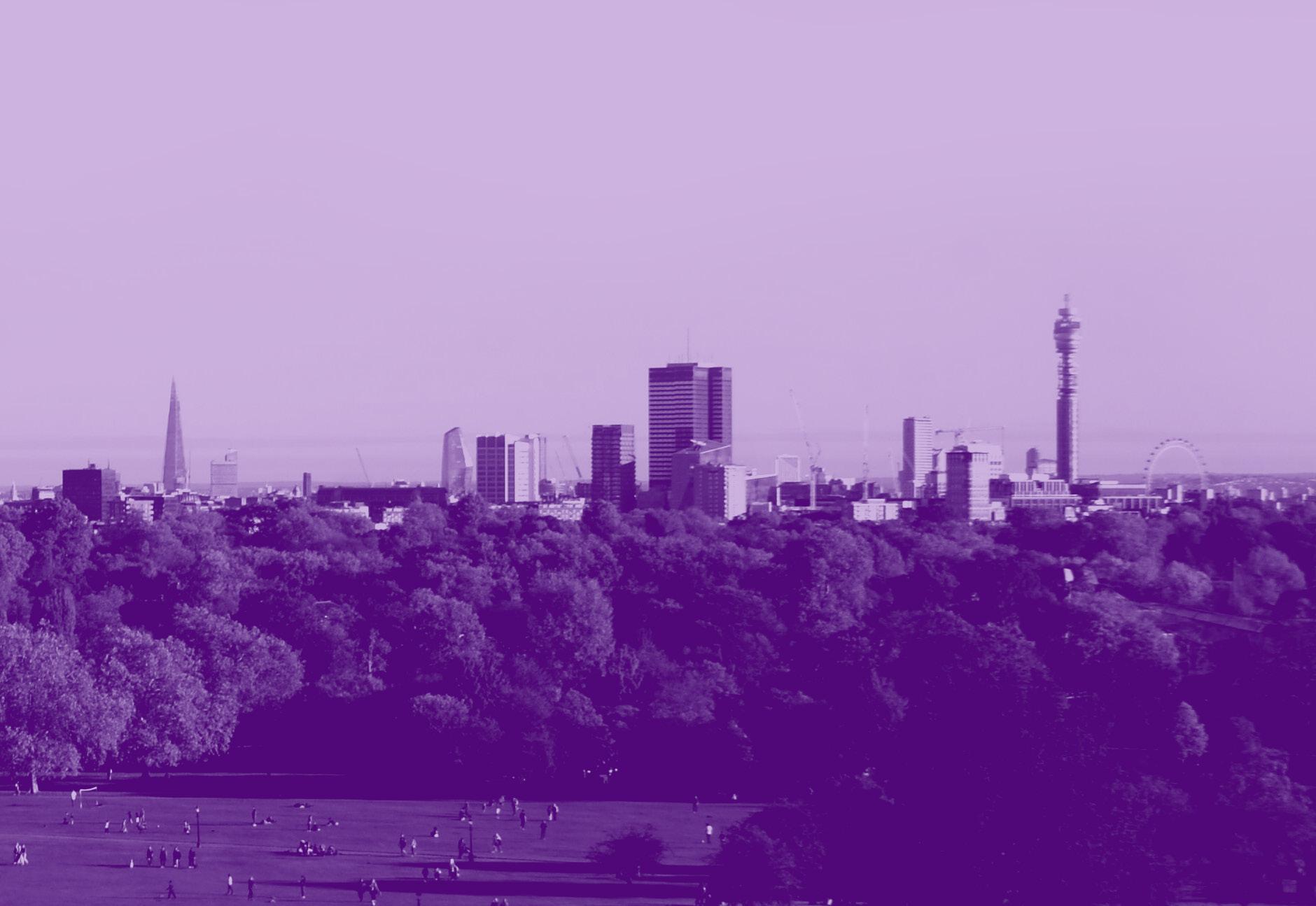
We have been thinking of new and creative ways to reach out to residents, not just the traditional approaches.
Maria Fiorio
Inclusion Programme Lead
Camden Council
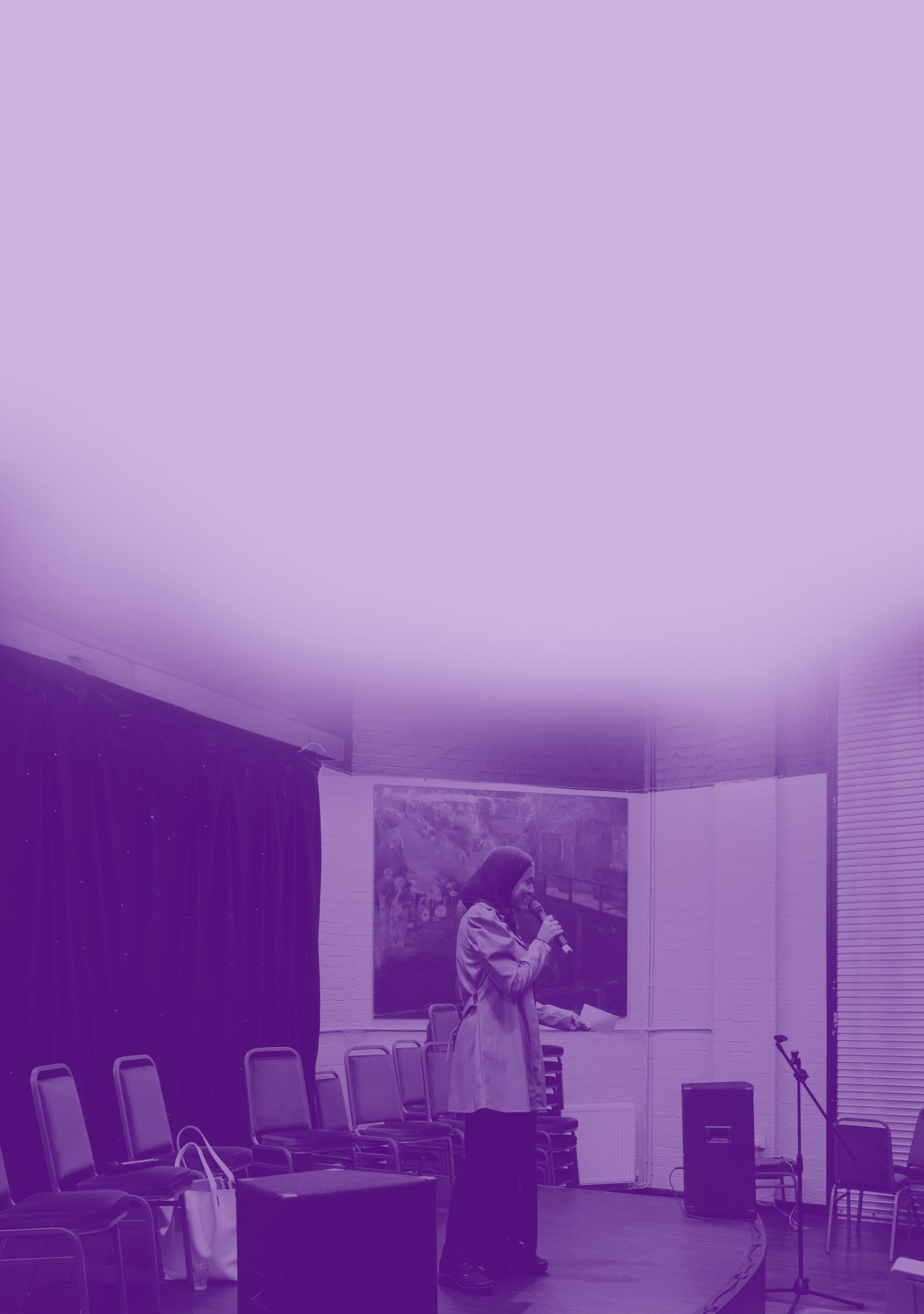
Local Resident, Citizen Scientist and Social Worker at Camden Council
What does including communities in decision-making mean to you?
It means having a seat at the table for them from the start, not bringing them in half way for a consultancy after a decision has already really been made. Making practice relational is key.
What is your hope for engagement in Camden?
That we can continue to engage local voices by using citizen science, relational practice, and participation.
And what is your dream for the future of the Borough?
That we see more and more representation from all backgrounds and ages, particularly having young people in decision-making positions of power.
Suraya was previously a citizen scientist on the Euston Young Voices project, to learn more click here.
She also supported teaching a group of citizen scientists on the ‘High Rise Landscapes’ project in North Kensington. To learn more about this click here.
To watch a video made by Suraya about citizen science click here.
Alumni Manager, Camden Giving
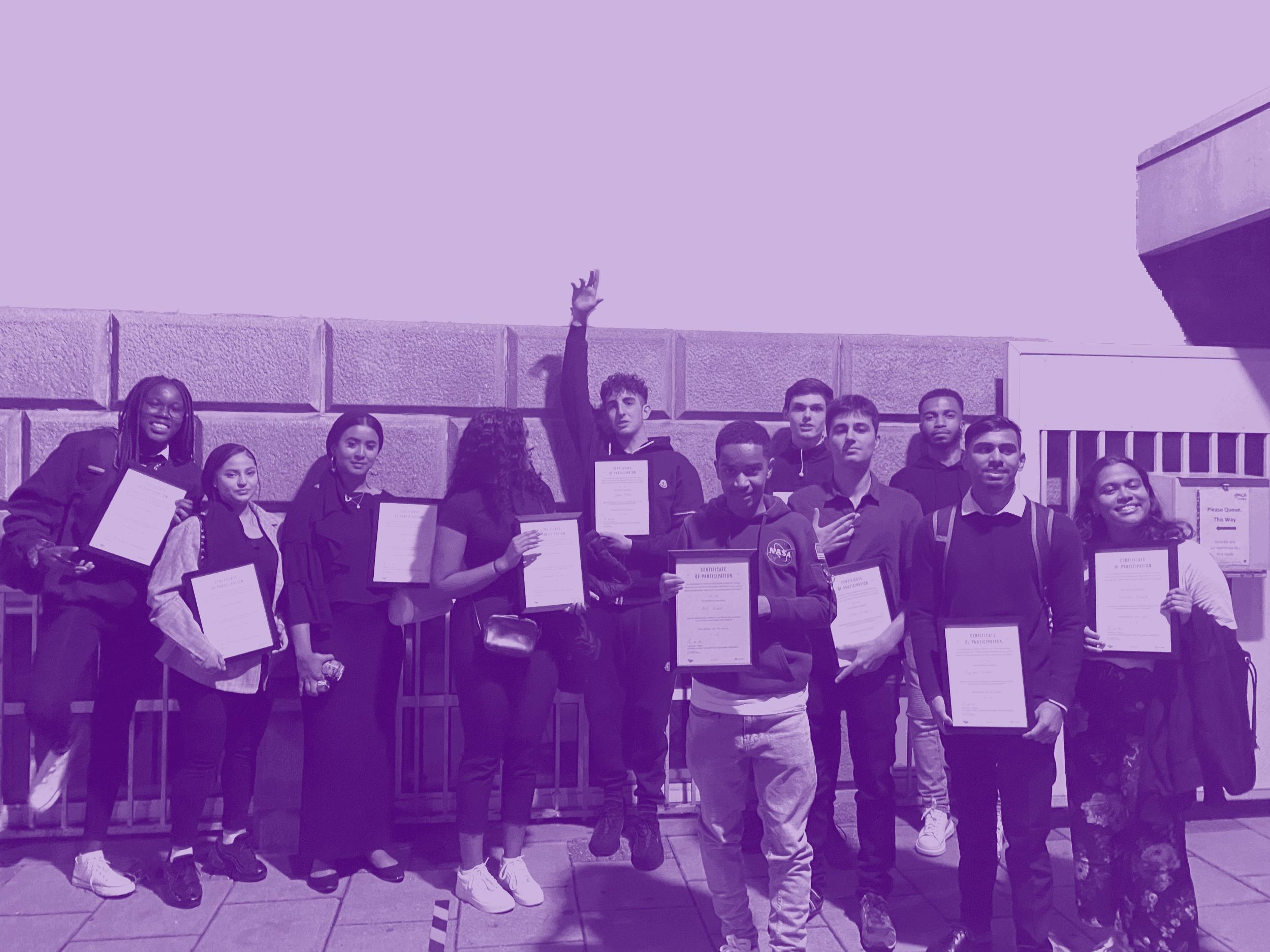
How does diversifying who you engage with benefit your organisation?
It helps us get a better sense of local community needs and where funding needs to get. Our data is informed by lived experience and community knowledge.
Can you give us an example of what you’ve done?
We’ve been working on a participatory action research project with community residents and organisations, to support global majority families’ access to universal services.
What does diversity in decision-making mean to you?
We need decision-making panels to be representative, amplifying voices often relegated to the margins, giving people the power to move money and resources.
To learn more about Camden Giving and their paid opportunities for local residents to get involved, visit www.camdengiving.org.uk
To read about the Euston Voices and Euston Young Voices citizen science work that Camden Giving supported, click here.
Albie Stadtmiller
Chief Executive Officer
Voluntary Action Camden
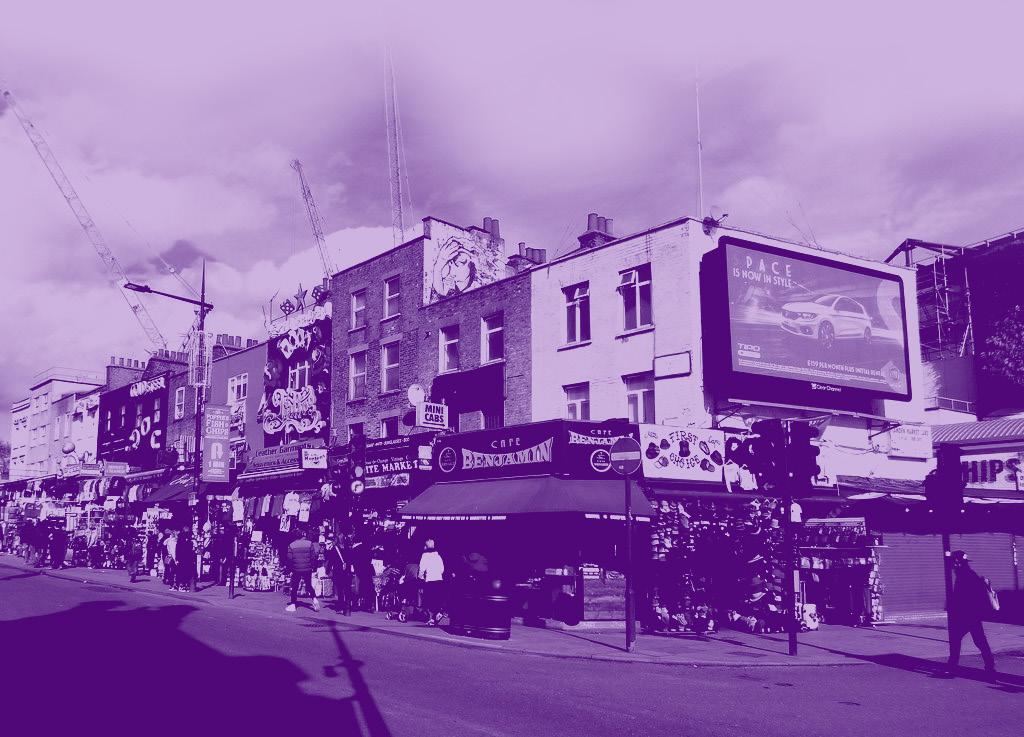
What does including communities mean to you?
It means making sure that isolated or expensive-to-reach communities (travellers, LGBTQ+, young people etc.) are part of decision-making processes.
What is your hope for the future of engagement?
That in Camden we can use a variety of creative and wide-ranging means for local residents to provide feedback and give their views.
is your dream for Camden?
That we become an even more inclusive area of London that fully embraces local groups and communities.
To learn more about Voluntary Action Camden, and the wide range of charities and community groups that they support to thrive, please visit www.vac.org.uk
Examples of our work to engage with residents include Good Life Euston, our Data Charter, and the Citizen Scientists-in-Residence programme.
Dom Murphy
Participation + Partnerships Principal Camden Council
We Make Camden! Without hearing diverse voices, we will make bad decisions.
Jo Brown Director of People and Inclusion Camden Council
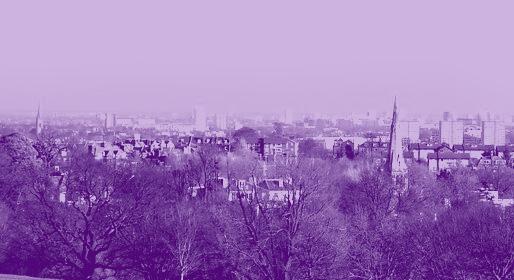
Diversifying who we engage with helps us understand what matters to people, where the gaps are, and how we can be more impactful.
Maria Fiorio
Inclusion Programme Lead Camden Council
The most useful thing about including community voices has been the insights that we feel as a result - experiences matter.
Carla Stanke Senior Public Health Strategist Camden Council
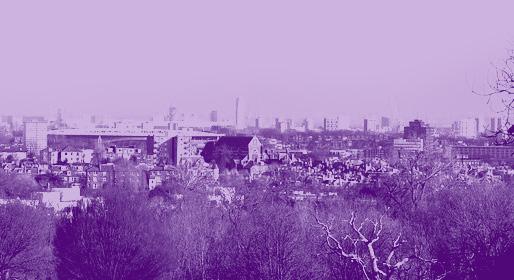
Vice-Dean EDI,
Faculty of Medical Sciences
University College London
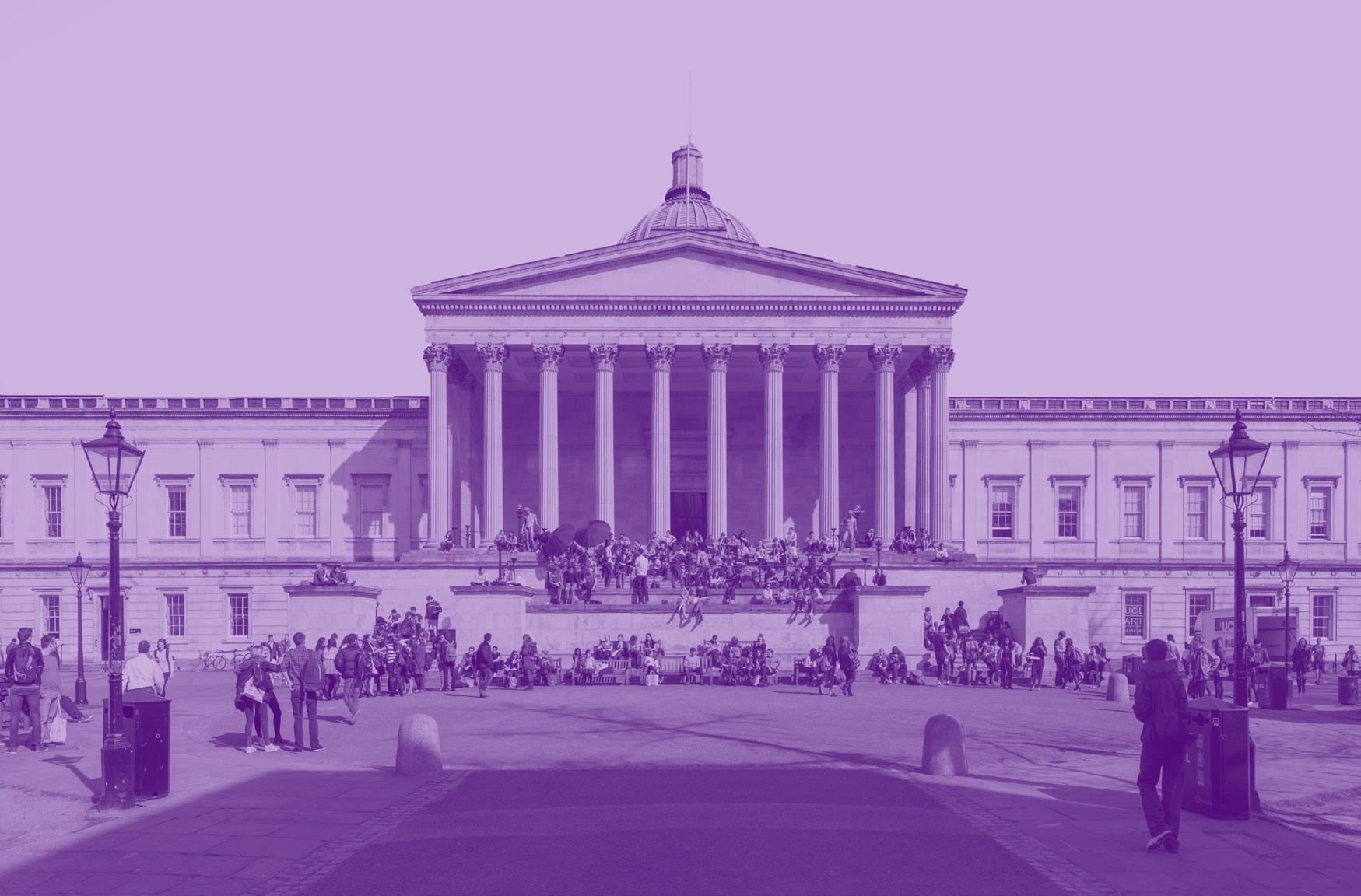
How has diverse engagement helped you?
Diversifying who we engage with at UCL is beneficial because it means the resulting policies, decisions, and opportunities cater to a wider range of perspectives and needs.
Can you give us an example of your work on this?
We develop cross-cultural collaborations to get a deeper understanding of big issues, it’s part of UCL’s international (Grand) challenges.
What is your hope for the future?
I hope that we can continue engaging with local voices by working with communities in Camden more closelysending UCL students to work together with them.
To learn more about Professor Nephtali’s work, please click here.
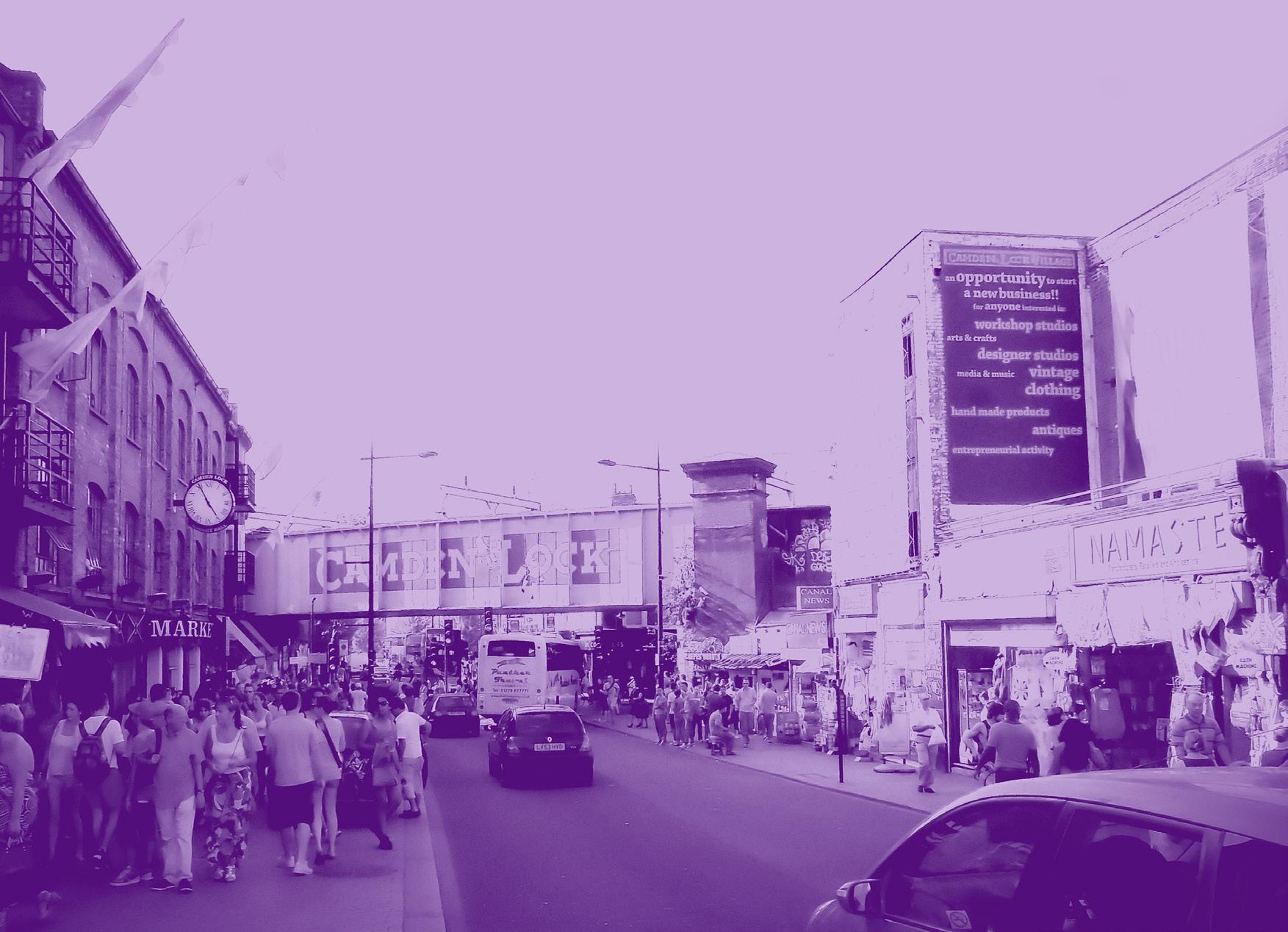
Making the most of collaboration and involving diverse ideas and contributions helps make a positive difference and creates changes in our communities for the better.
Can you tell us an example of how you do this?
We’re a member of the Camden Climate Alliance (CCA), and have partnered with Think & Do Camden and supported Sharing Spaces. Being involved in community projects such as the Walker House ‘Light Fantastic’ energy saving scheme has enabled us to work together with residents to help address the climate crisis, through sponsorship and offering technical support and advice.
We can all come together to make our communities better, learn from each other, and support one another towards achieving a common goal.
To read more about the work Troup Bywaters + Anders LLP has supported in Somers Town click here.
To read their latest ESG report click here.
Project Manager, Open Book Goldsmiths, Goldsmiths - University of London
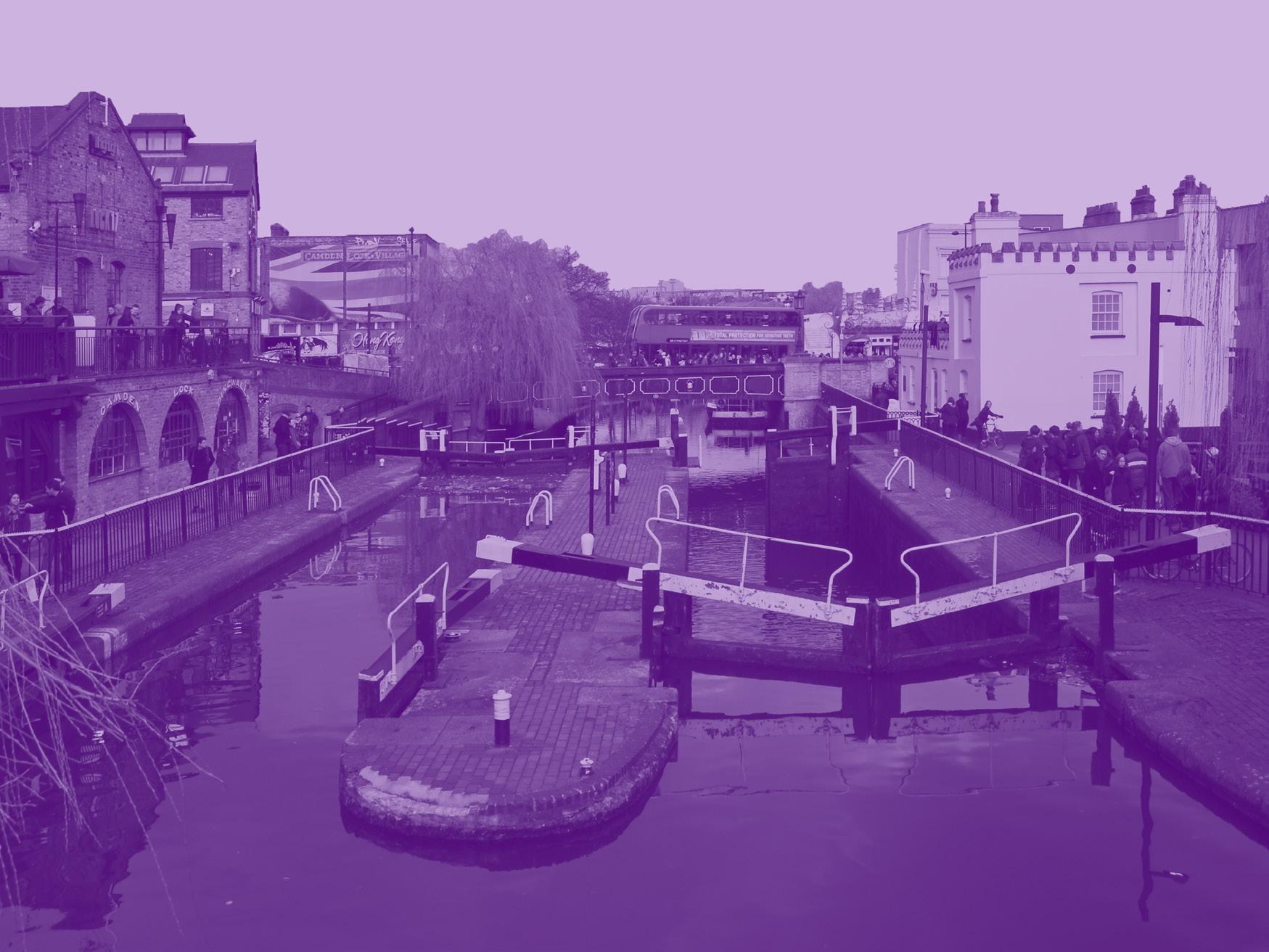
How do diverse voices help in your work?
Diversity in higher education improves student experience, the quality of research, and academic and artistic output. Listening to local people with lived experience is a fast-track way of diversifying industry and senior leadership positions.
What is your hope for the future of Camden?
I hope that we can continue improving pathways to higher education for diverse communities. This includes university partnerships with local FE colleges and schools, progression opportunities from schemes like citizen social science, and scholarships for diverse learners.
To learn more about Open Book at Goldsmiths click here.

Some of Camden Council’s previous Citizen Scientistsin-Residence - Aysha Ahmed, Mujjamil Ahmed, Rosa Debebe, Maria Trimikliniotis, and Hazzel Tabernilla - working together on a collaborative map of the borough.
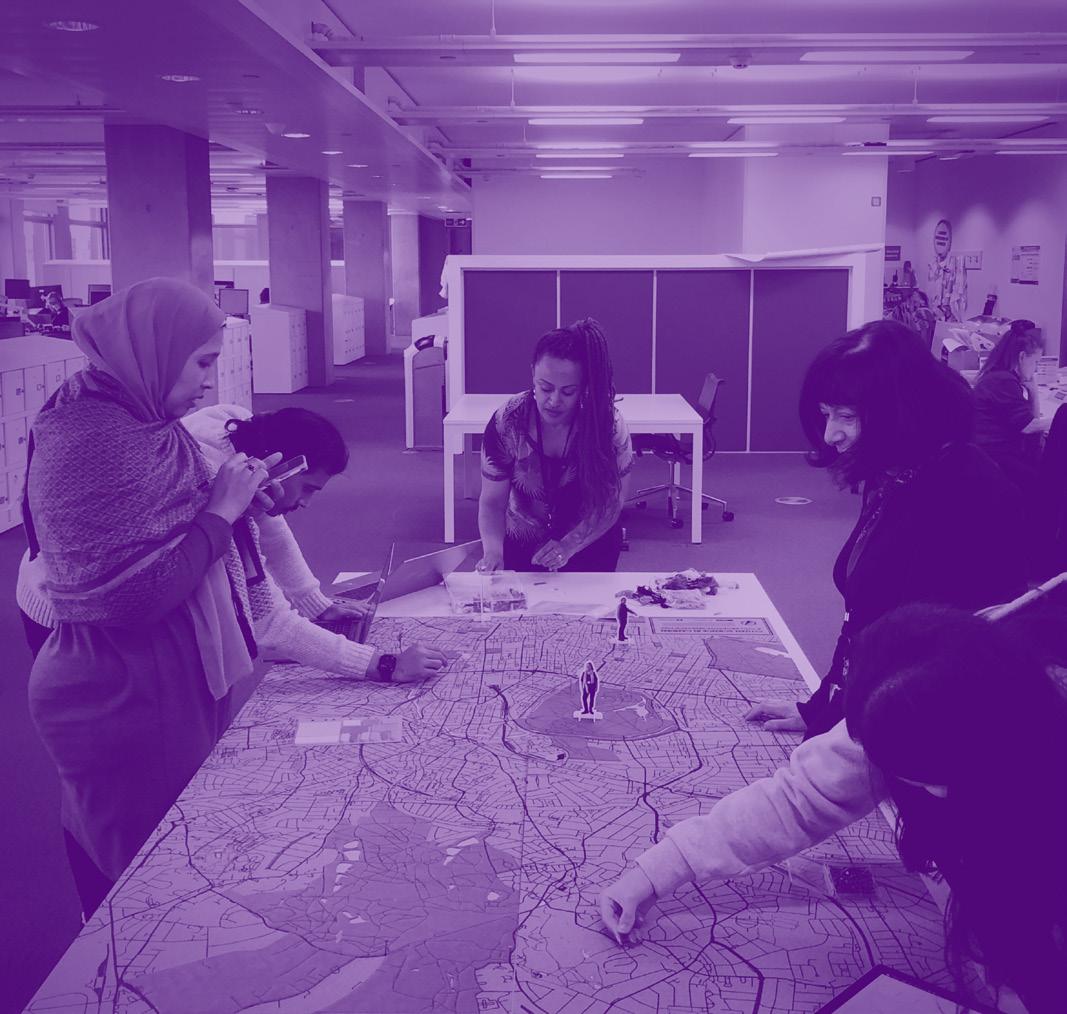
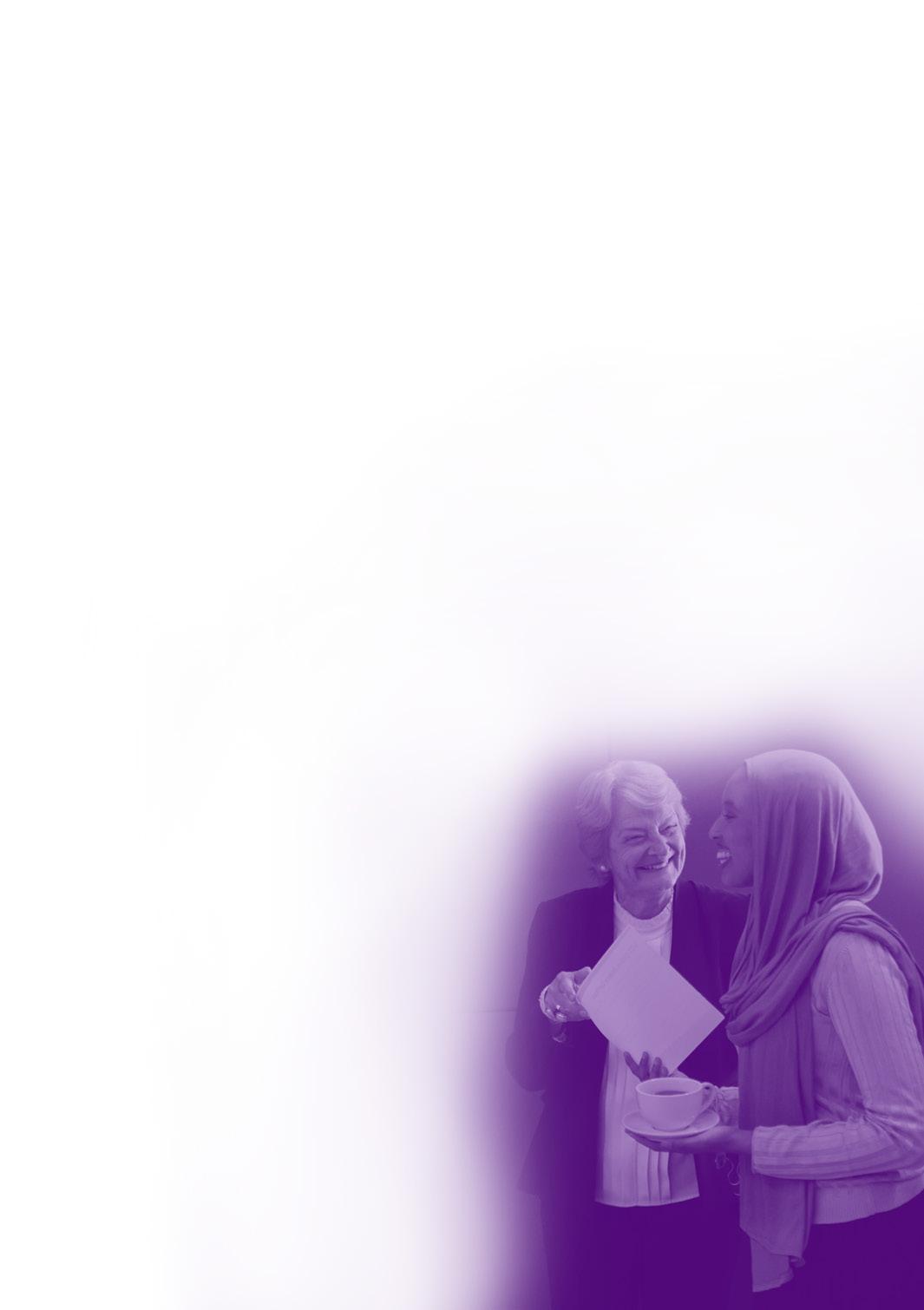
Our research at the Institute for Global Prosperity co-creates innovative and sustainable pathways to prosperity and economic, social and environmental wellbeing, improving the quality of life for all.
To achieve this, we work with a wide range of partners, including academics, change-makers, policymakers, and perhaps most importantly citizen scientists - through the UCL Citizen Science Academy.
Focusing on the voices of citizens is not only a way of generating better and more meaningful research, but is also an opportunity to change the ways that universities think and work.
The Academy’s high-quality training programmes equip people with research knowledge and practical skills to get involved in local decision-making, with an approach that values and upskills the citizen scientists we’re proud to work with.
We are excited to be leading on this new citizen-led initiative around the globe, and hope you’ll join the mission with us.
Dame Prof Henrietta Moore Founder and Director UCL Institute for Global Prosperity
Citizen science is a term for a wide range of activities and practices involving members of the public in research that contributes to scientific knowledge.
It recognises the invaluable and crucial role the public can play in providing insights that professional researchers may not typically have or can collect on their own.
Most commonly citizen scientists are involved in large-scale data collection efforts – observing, surveying, mapping and transcribing data.
Citizen science is not only a way of crowdsourcing new forms of data, it is a valuable opportunity to include non-academics in the research process, offering benefits to all involved.
Citizen scientists Lorraine Owusu (left) and Alexis Charles (right) present their research to an audience of policymakers and local residents.
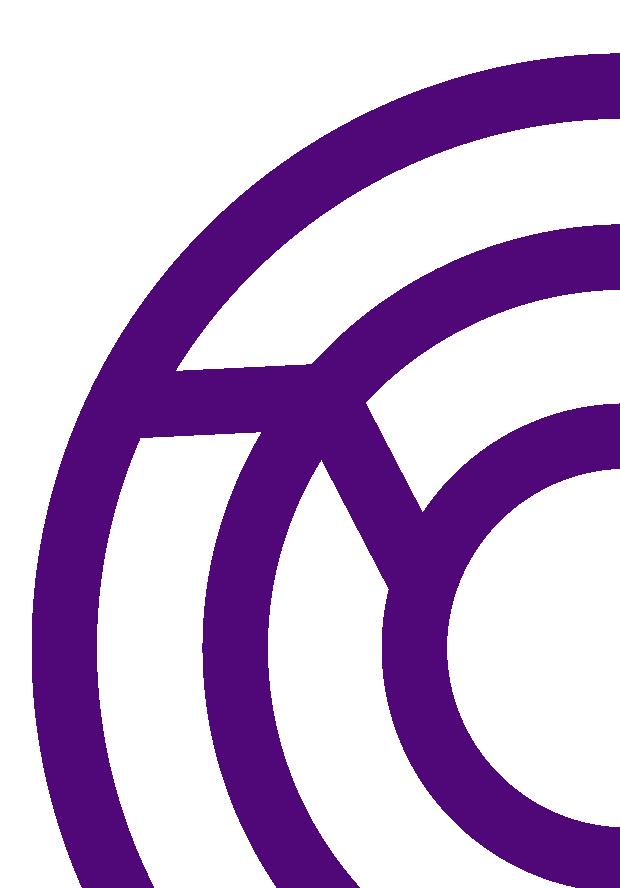

The UCL Citizen Science Certificate is awarded to citizen scientists who complete a full training programme with the UCL Citizen Science Academy.
The Certificate recognises the research and team-working competencies citizen scientists acquire, such as research methods, ethics, fieldwork strategies, and how to code and analyse data.
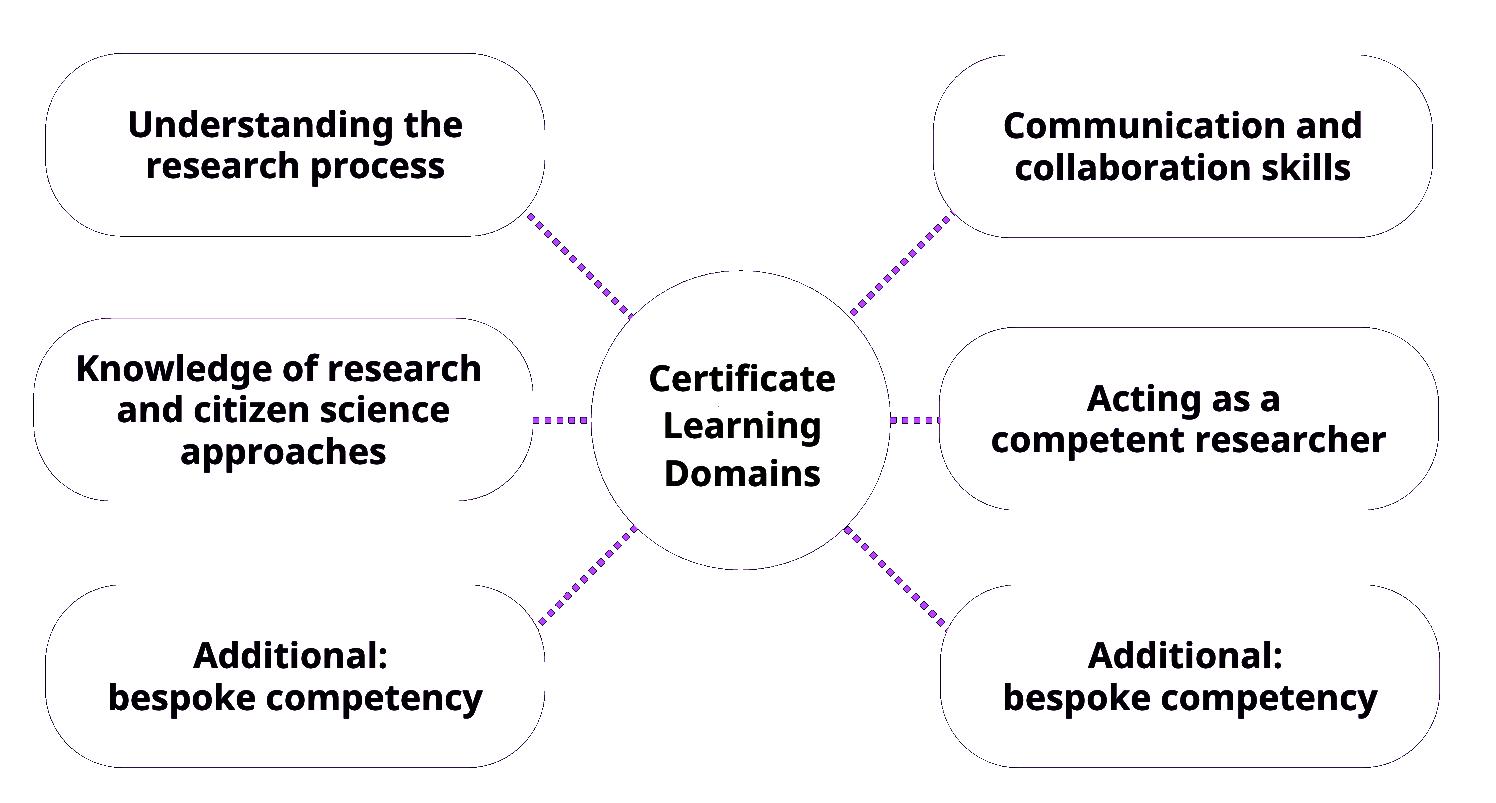
Academy courses include training in four core competency domains that are relevant to all citizen science research projects, as well as course-specific competency domains that can be adapted to the specific methods and skills each unique project requires.
The IGP team and the UCL Office for Open Science and Scholarship designed the UCL Citizen Science Certificate, with input from experts from diverse fields of research, as a recognition of research abilities developed through participation in active research projects.
Recruitment for Academy-based training programmes is aimed at members of the public, who can take part once a project has been confirmed. Everyone has the ability to participate. Participation in the research is inclusive and accessible to people from all kinds of backgrounds. Citizen scientists do not need any previous experience of research, work, or study. The best citizen scientists are those who are passionate about their community, inquisitive, and driven to make positive change.
The Certificate is designed to be flexible with a structure that can be adapted to align with the objectives of future programmes or projects. A significant commitment is required, with the programme being similar in time to an internship or part-time job.
It is not a participation certificate but an award for demonstrating research competency, with all awardees needing to complete a series of inclusively-designed assignments.
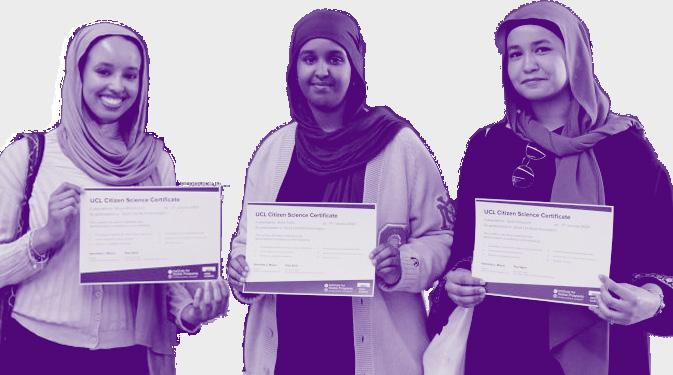
Whilst citizen science has long-flourished in the environmental sciences, in recent years there has been a notable expansion to include citizens in knowledge creation across a wider range of disciplines, from astronomy to the social sciences.
Much of the work of the UCL Citizen Science Academy is part of the emerging area of citizen ‘social’ science - which involves the public in research projects focused on complex questions about human behaviour and how societies are organised. This included understanding lived experiences of inequality and poverty, or investigating the beliefs people have about how climate change influences their behaviour. Building more diversity into research teams can only improve the data we collect.
We train and support people to work as social researchers in their neighbourhoods, tackling issues they know to be important, and developing research for social action.
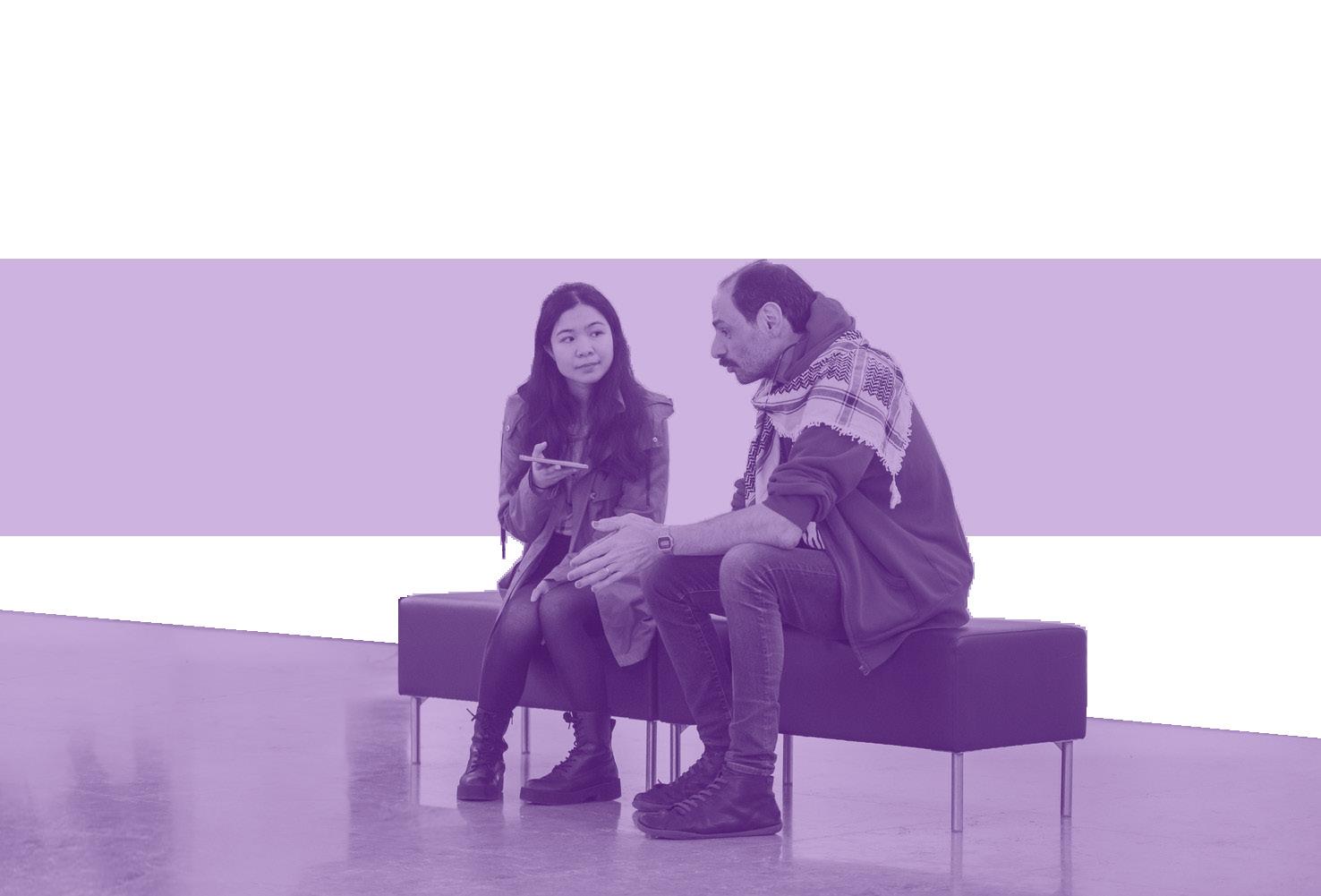
Citizen scientist Hazzel Tabernilla carrying out an interview in Euston’s P21 Gallery.
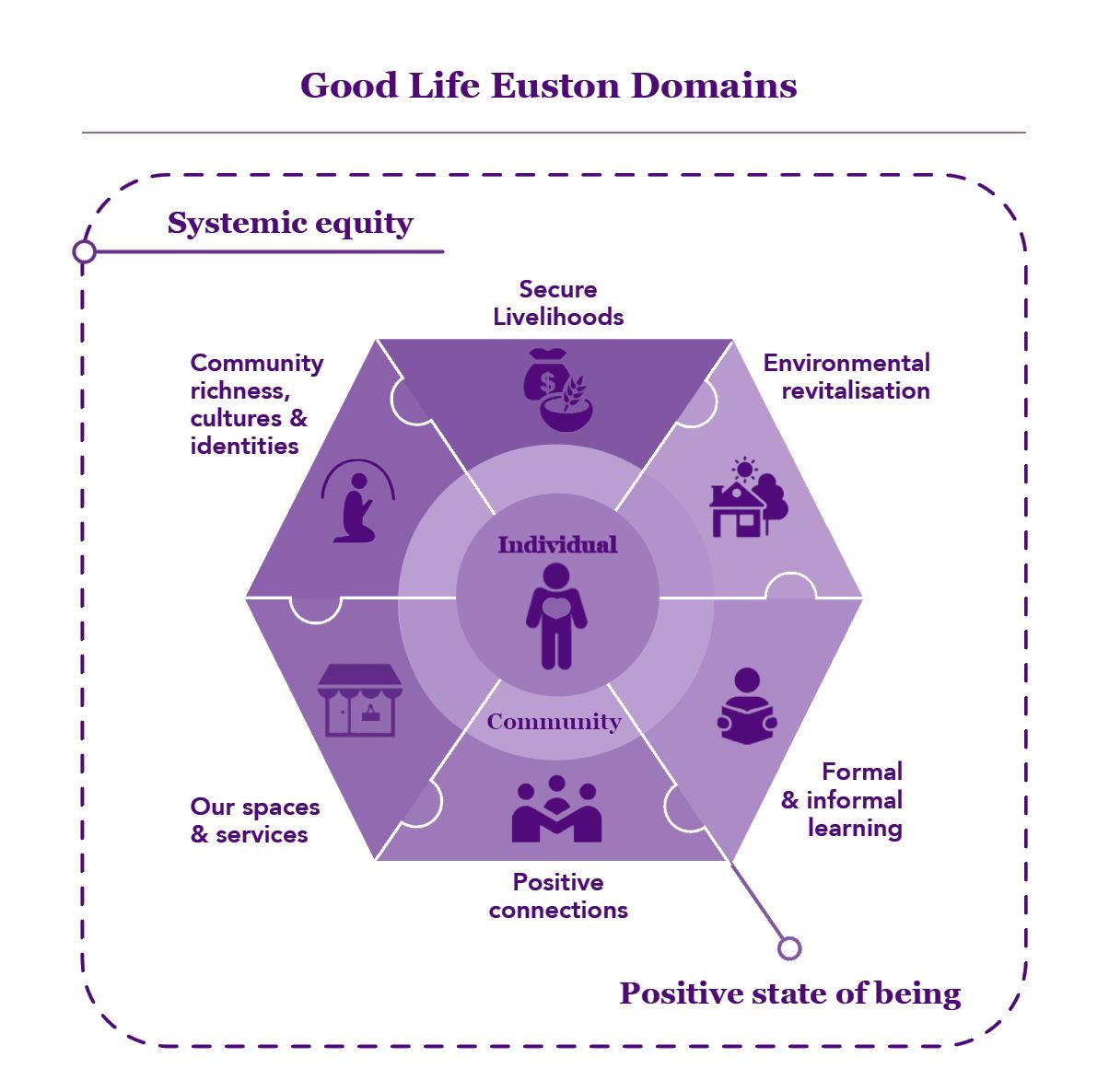
Developed by the UCL Institute for Global Prosperity with partners and citizens from across Camden, the ‘Good Life Euston Model’ represents the individual aspirations, collective experiences, local conditions, services and spaces, and systemic factors that shape opportunities for residents in Euston to flourish and live good lives. The Model is based on extensive qualitative research - undertaken by two teams of citizen social scientists from Somers Town and Regent’s Park Estate in 2020/2021 – exploring what a good life means to local residents, what supports, and what prevents people from flourishing and living well.
The ‘Good Life Euston Model’ is an important tool in the process of developing a shared evidence base to inform regeneration planning; it represents the lived experiences and priorities of local residents and in this sense provides an alternative starting point for understanding ‘success’, ‘social value’ and ‘regeneration impact’ measures. For more information click here.
How has the IGP’s collaboration with Camden developed since 2019?
We initially came together to design a series of partnerships and approaches to citizen science that were appropriate to the Covid-safe rules of 2020/2021, and then to the requirements of a research project that had been embedded within a local authority team - The Participation & Partnerships (P&P) team. This became the Good Life Euston project, working with two other key partners, Lendlease (a developer and co-funder) and Camden Giving (a participatory grant-making organisation and cool employer!).
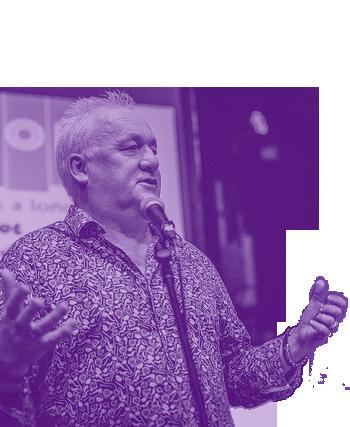
Lately our Citizen Scientists-in-Residence programme with the UCL Citizen Science Academy has brought the lived experience of local residents into the day-to-day functioning of Council teams responsible for driving the organisation’s overall approach to becoming a participatory council.
Over the last 2 years we have also been developing a pilot project designed to explore how citizen science can be sustainably funded through the planning process. The outcome is a project that will use Community Infrastructure Levy (CIL) funds to employ 16 residents to work on projects identified by our Planning and P&P teams starting in the autumn of this year.
After the participants complete their training and research the Council will then recruit some of them as the next cohort of Citizen Scientists-in-Residence (CSiR).
How do you think including citizen scientists is benefiting Camden Council?
It has definitely brought the ‘lived experience’ of residents into the day-to-day discussions of our team, not only affecting what we look at but also the way we do our work. Team members were unanimous in their appreciation of this as being vital to the effective operation of a participatory organisation.
What have you personally got out of working with citizen scientists?
Working with the citizen scientists has opened up a whole new area of thought for me around emotional experience as a key consideration for public authorities when planning strategies and developing service responses.
It also helped crystallise something that I (we?) were in some way instinctively aware of - the spatial dimension of emotions and feelings - emotional mapping if you like. Sayra’s Smell Map is the most obvious example, but also I was aware of the discussion amongst some of our Euston Young Voices citizen scientists about how certain spaces they lived in or near elicited feelings of fear or, in one case, guilt and how others could identify with that.
And also of course - great joy!
Dom Murphy
Participation + Partnerships Principal Camden Council
Useful Links:
Click here to read more about the UCL Institute for Global Prosperity
Click here to read more about the UCL Citizen Science Academy.
Click here to read more about the UCL Citizen Science Certificate.
Click here to see the zines from Camden-based citizen scientists
Click here to read the story of a recent citizen scientist.
Click here to learn more about Good Life Euston Model.


